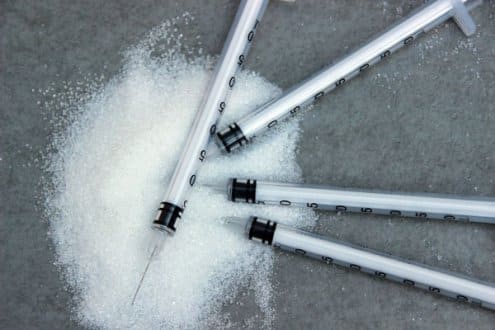Diabetes Insipidus and alcohol consumption has a large correlation that every suffering patient should know. This form of diabetes is a disorder that is usually characterized by increased thirst and excessive amounts of dilute urine.
Types and causes of diabetes insipidus
There are four variant types of diabetes insipidus: primary polydipsia, hypothalamic diabetes insipidus, diabetes insipidus of pregnancy, and nephrogenic diabetes insipidus. All four types stem from one central cause—the lack of response toward the hormone called vasopressin. This hormone is primarily responsible for reabsorbing water from the urine, so that it becomes more concentrated. Of course, the level of this hormone that is present in the body depends on how dehydrated a person is. As you can imagine, the lack of this hormone can cause urine to be diluted instead. Because water is not reabsorbed, our body will become dehydrated. Fortunately, the thirst mechanism is intact, and patients with diabetes insipidus are able to compensate this lack of water reabsorption by drinking more water; hence, the increase thirst associated with the disorder.
Alcohol’s effect on diabetes insipidus
Alcohol (ethanol), on the other hand, is known to inhibit the vasopressin hormone. As many drinkers have experienced, alcohol is associated with increased urine output and dehydration. When both diabetes insipidus and alcohol consumption is combined, the effects can be devastating. It is the synergistic effect between two of them that can result in severe dehydration if water intake is inadequate. Ethanol typically takes around 30 to 90 minutes to start inducing its effects. It is rapidly absorbed from the digestive system and this process may be altered by food intake in the stomach. One case where ethanol is indicated is when a patient has ethanol withdrawal, but even then, it should be administered in a controlled setting, such as a hospital. Therefore, patients with diabetes insipidus should not consume alcohol.


